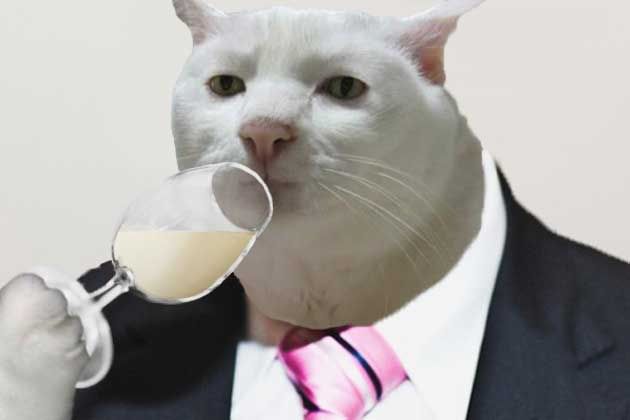-
- Posts: 761
- Joined: Thu Dec 13, 2007 5:54 am
Today (May 23, 2013), it has come to light that the State of New Jersey, in association with the International Federation of Spirits Producers, conducted a raid on 29 bars and restaurants in light of claims that these establishments were serving low-quality liquor as "top-shelf". It turns out that at least one bar had substituted a rubbing alcohol and caramel color mixture for scotch.
My reason for posting is the claim that 150 liquor samples have been subjected to testing on the "True Spirit Authenticator", an unexplained piece of technology that purportedly can deduce the identity of the particular type of liquor being tested. Does anyone have an idea on what this might be? My first thought is headspace GCMS with some sort of fingerprint matching setup in a library for the majority of commercially sold liquors. Anyone have any other ideas?

